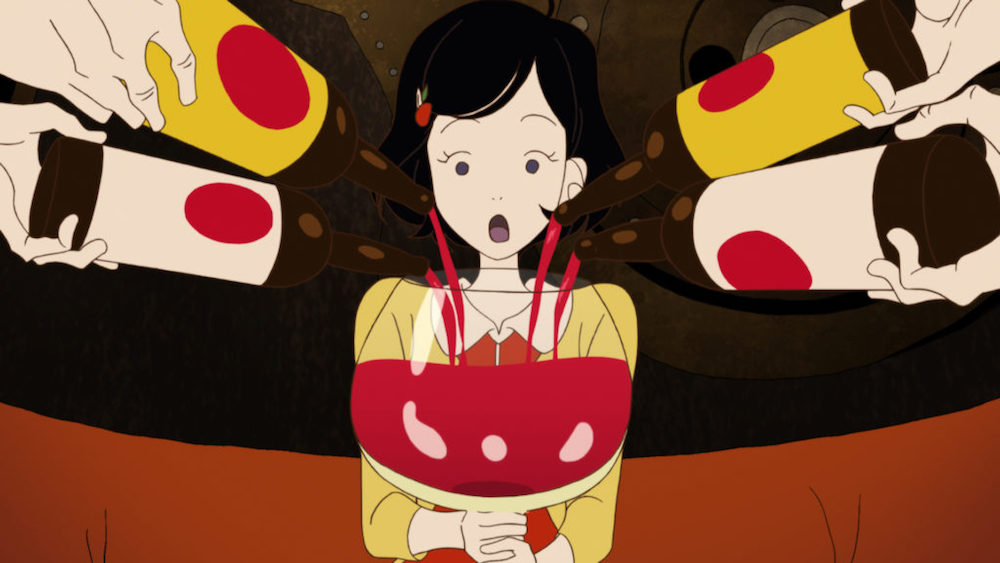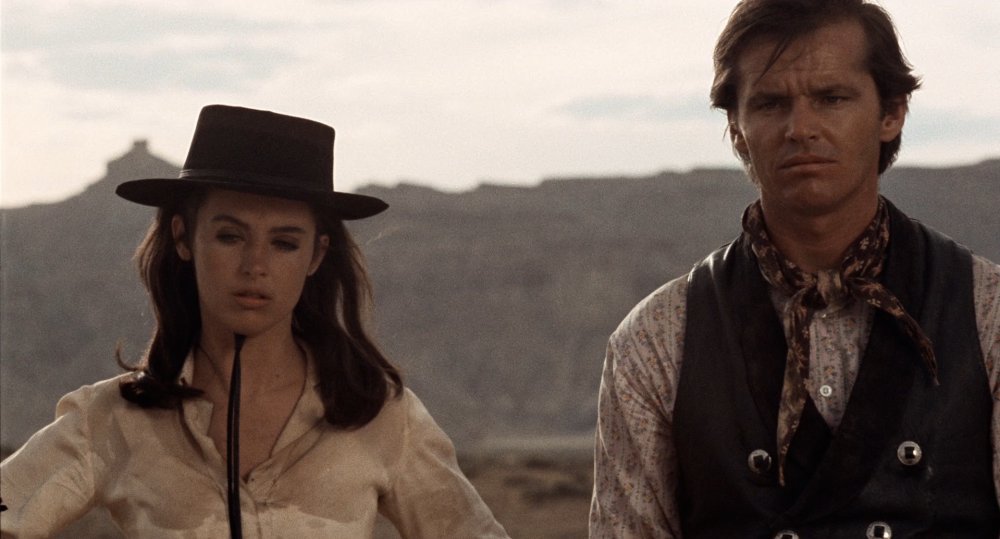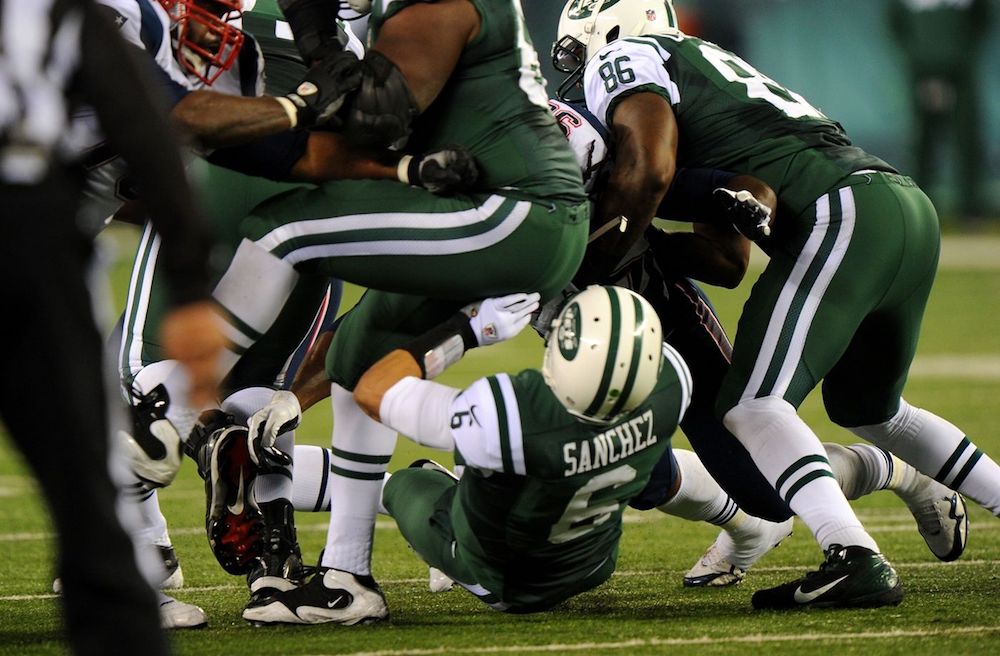Where do I start with The Night Is Short, Walk On Girl? The latest film from Masaaki Yuasa is a beautifully bonkers, Ulysses-esque
We are getting closer to a reality in which machines are better at being human than we are. Artificially intelligent beings can recognize faces, hold conversations, and learn faster than they have ever before—and yet while we humans are constantly connected, we are losing touch with each other. Fast forward to Japan in the year 2029, where Andromeda Romano-Lax sets her novel, Plum Rains. An infertility epidemic has knocked humanity off its precarious balance; all over the world, children have become a precious resource, while wealthy countries are inundated with elderly in need of caregivers. It is an age in which nurses, maids, pets, and companions come in boxes, ready for assembly, because there simply aren’t enough workers to go around. The story of Plum Rains follows a human caregiver, a Filipina immigrant named Angelica, whose job (caring for a very secretive centenarian named Sayoko) is threatened by a new social bot built for listening, learning, and providing better company than any human possibly can. Threatened by the bot’s ability to decode Sayoko’s behavior, Angelica clings to her own humanity, until, gradually, she realizes that in a world so dependent on machines, “no job, role, or relationship [is] safe.” In Plum Rains, the world that Romano-Lax engineers is a character in itself, impossibly complex and daunting in its believability. —Madeline Day
“We hold these truths to be self-evident, that all men are created equal” seems an easy enough statement to agree upon, but in her sweeping new These Truths: A History of The United States, Jill Lepore looks for moments in our history where these words were questioned, confused, and clarified: “Who are we? What is true? What counts as evidence,” (italics mine) she asks. Who counts as men and what does equal mean? For most of us, these have easy answers, but Lepore probes the way the nation has answered them through laws, politics, wars, and free press. These Truths sheds a special light on the disenfranchised, but it’s by no means a redo of Howard Zinn’s A People’s History of the United States; in Lepore’s hands, history doesn’t need revision as much as a full accounting—it’s the interaction between the dominant and subordinate that tell the story here—and for that reason, this ambitious tome often paints a grim picture of our past and present. The ways in which we’ve bungled the answers to these questions—what does equal mean?—and the ways we haven’t, tells the story of America’s triumphs and failures, they are, whether we like it or not, a portrait of American character, it’s prejudices, it’s compassions, and, I think Lepore would agree, it’s staggering tenacity. —Jeffrey Gleaves
There’s nothing quite like encountering a truly villainous character in cinema, and the nameless woman in Monte Hellman’s 1966 Western The Shooting is one of those characters. As soon as she arrives on the horizon, still and hidden in dusky shadow, a chill radiates from her even under the high-noon desert sun. This film is as spare as the desert it’s set in; the woman (played impeccably by Millie Thompson) hires two bounty hunters to take her across the desert on a mysterious manhunt mission. Jack Nicholson makes an appearance as her nearly silent sidekick with a lightning fast draw. Usually devilishly charismatic, Nicholson here plays his character with reserve, smart enough to know not to compete with the devilish charisma coming in spades from Thompson. The Shooting is a part of Anthology’s Women of the West series, and is screening again on Sunday. —Lauren Kane
How can fiction and the personal essay operate as distinct categories when “honesty” and the “confessional” have become synonymous with quality prose? In Brad Phillips’s first collection, Essays and Fictions, the distinction evaporates. The unassuming title ingeniously excuses us from ever considering what’s fact or fib in these eleven pieces, which is the precise pleasure of the collection: everything, under the auspices of the title, becomes true psychologically. And yet despite the immense pleasure I take in Phillips’s writing, it’s hard to “recommend” these essays in the conventional sense. They include themes such as: a father accidentally hiring his estranged daughter as a prostitute; a sex addict with an opioid problem who can rarely orgasm; a man who murders a Salvation Army worker while his young daughters watch. It can be almost too much; Phillips’s inner world makes Last Exit to Brooklyn look like The Mary Tyler Moore Show. Then there’s his organization. He can move from so many subject matters in a single essay that you’ve forgotten where he began, yet at the end he welds it all together in a single paragraph, like a psychoanalyst ending a session. Perhaps, like me, you’ve asked yourself how many more books we need that find their subject in sex, drugs, mental illness, and their role in shaping the author’s experiences. But we needed one from Brad Phillips. If you want real grit and honesty in an essayist—as opposed to the self-aggrandizement that “creative nonfiction” culture has popularized—then preorder this book immediately. —Ben Shields
In 1514, Albrecht Dürer engraved a winged female figure, face shadowy, stare vacant, shoulders slumped. Surrounded by a panoply of tools and objects relating to carpentry and geometry, she is entirely indifferent. She is the personification of melancholia—sunk in herself, gazing blindly past the harmonic richness of existence. The engraving is wonderful, though melancholia is somewhat remote to the emotional palette of 21st century life. We have different ideals of feeling and anxieties, and we have our own images of personification—reaction GIFs, memes, snippets of video. Tiny representative dramas. One I revisit at the open of every NFL season, as a sort of memento mori, is a 15-second tale of a routine mistake cascading into public humiliation with the self-fulfilling inexorability of Greek tragedy known as The Butt Fumble. Thanksgiving 2012, a nationally televised game between the New York Jets and the New England Patriots. It is early in the second quarter, and the are Jets down by 14 points. Their quarterback is Mark Sanchez—Southern Californian, handsome, coolly calm, and congenitally unlikable in New York for precisely those qualities. A run play is called, and Sanchez turns to give the ball to the fullback, only to turn the wrong way and miss him entirely. Looking up, he finds himself abandoned with the football. An unremarkable error, but then, with the best intentions, attempting to salvage the play, he seals his infamy. Sanchez spins around and runs it himself, taking about five steps until, unexpectedly, he collides face-first with the ass of his offensive lineman and plummets in a single frozen motion, the way someone slips on ice, the way a statue topples from its plinth. The ball pops out, grabbed by a Patriot who skips untouched into the end zone. Sanchez makes a feeble lunge for the ball, glimpses it riding away, and lets his helmet drop to the turf. The abjection is total. A season later Sanchez would be cut from the Jets, never to be a full-time starting quarterback again. On television the analyst Cris Collinsworth guffaws, the mask of broadcaster impartiality slipping for a brief moment, and then, in pity, mutters to himself “Oh no”. Laugh now, I tell myself, but shiver, for one day you might be Mark Sanchez, stunned, pressing your face to the dirt. —Matt Levin
from The Paris Review https://ift.tt/2xb9LTo



Comments
Post a Comment